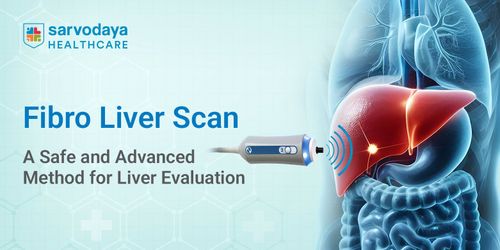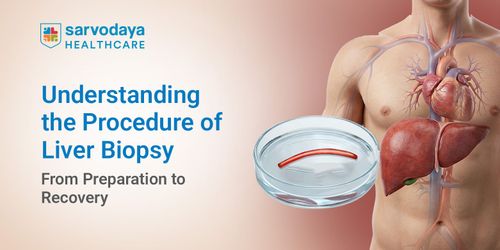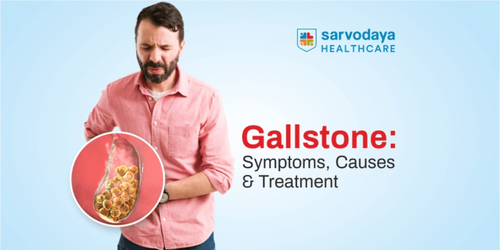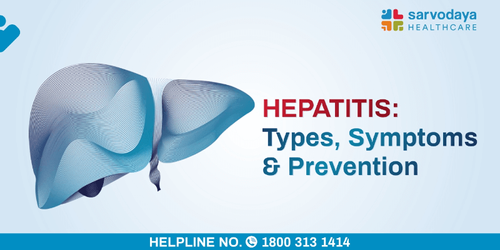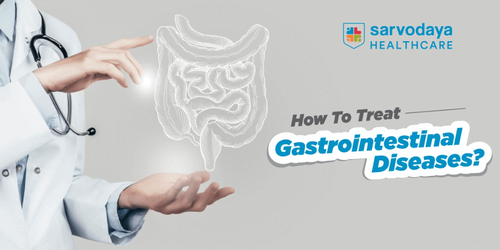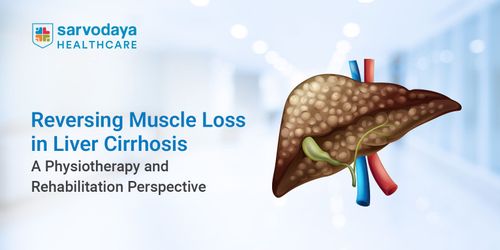Many people experience acidity, bloating, or stomach discomfort after meals and tend to dismiss them as minor issues. However, these symptoms can often signal deeper imbalances in your digestive health. The digestive system plays a vital role in maintaining energy, immunity, and even mood. When it is not functioning correctly, it can affect your entire body, leading to fatigue, irritability, and poor concentration.
In this blog, we explore how your digestive system communicates through symptoms such as acidity and bloating and what you can do to improve your digestive health naturally.
Understanding Digestive Health
Your digestive health refers to how efficiently your gastrointestinal system breaks down food, absorbs nutrients, and eliminates waste. A well-functioning digestive tract ensures your body receives the energy and nourishment it needs for day-to-day activities. When there is an imbalance in this system, it can lead to various gastrointestinal disorders such as acid reflux, constipation, or irritable bowel syndrome.
Maintaining excellent digestive health is essential for overall well-being. The gut is home to trillions of microorganisms that form the microbiome, a delicate balance of favourable and bad bacteria that influences everything from digestion to immunity.
Symptoms of Poor Digestive Health
Identifying and addressing the early warning signs of poor digestive health can prevent the development of more serious gastrointestinal disorders.
Some early signs that your digestive health might be compromised include:
- Frequent bloating or stomach discomfort after eating
- Irregular bowel movements
- Persistent acidity or heartburn
- Feeling full even after small meals
- Unexplained fatigue or sluggishness
Read More: Stomach Ulcers: Causes, Symptoms, and Treatment Options Explained
Causes of Acidity and Bloating
Acidity and bloating are among the most common digestive complaints. They can occur occasionally after heavy meals, but when persistent, they may indicate an underlying digestive health imbalance.
Here are some common causes that can trigger acidity and bloating:
- Unhealthy Diet: Consuming fried, spicy, or highly processed foods can irritate the stomach lining.
- Irregular Eating Habits: Skipping meals or eating late at night affects natural digestive rhythms.
- Excessive Caffeine or Alcohol: Both can weaken the lower oesophageal sphincter, leading to reflux.
- Lack of Physical Activity: A sedentary lifestyle slows digestion and increases gas build-up.
- Stress: High stress levels disrupt gut motility and can trigger digestive problems.
- Gastrointestinal Disorders: Conditions like GERD, gastritis, and irritable bowel syndrome may lead to recurring acidity and bloating.
If these symptoms persist or worsen, consulting a qualified gastroenterologist in Faridabad is crucial.
How Gut Health Influences Digestion
Your gut is often referred to as the body’s “second brain” because of its close connection with overall health. A healthy gut means efficient digestion, better nutrient absorption, and reduced risk of gastrointestinal disorders. Conversely, an unhealthy gut can lead to chronic acidity, gas, and poor metabolism.
The balance of microorganisms in the digestive tract directly impacts your body’s ability to digest food. When harmful bacteria outnumber the beneficial ones, digestion slows down, leading to inflammation and discomfort. This is where probiotics for gut health play an important role; they replenish beneficial bacteria, restore balance, and support healthy digestion.
Effective Digestive Health Tips
Adopting a balanced routine supports the digestive system, reduces acidity, and minimises bloating.
Here are some practical digestive health tips you can follow every day:
- Eat Balanced Meals: Include whole grains, lean proteins, fruits, and vegetables to naturally support your digestive health.
- Stay Hydrated: Water aids digestion, helps prevent constipation, and reduces bloating.
- Avoid overeating: Eat smaller, more frequent meals instead of large portions at a time.
- Limit Caffeine and Alcohol: Both can aggravate acidity and irritate the stomach lining.
- Exercise Regularly: Engaging in physical activity improves gut motility and helps prevent gastrointestinal disorders.
- Manage Stress: Chronic stress can impact digestion; try meditation, yoga, or breathing exercises to help alleviate symptoms.
- Avoid Lying Down Immediately after Meals: Allow at least 2–3 hours before bedtime to prevent acid reflux.
If you wish to support your gut further, digestive health supplements can help fill nutritional gaps and strengthen the microbiome. However, it’s best to use them under the guidance of a gastroenterologist in delhi ncr to ensure they meet your individual needs.
When to Seek Medical Help
Occasional digestive discomfort is common, but persistent acid reflux or bloating may indicate a more serious gastrointestinal disorder that requires expert attention.
You should consult a doctor if you experience:
- Continuous or severe bloating
- Persistent heartburn or acidity
- Unexplained weight loss
- Blood in stools or dark stools
- Frequent nausea or vomiting
- Loss of appetite or constant fatigue
If required, advanced diagnostic and treatment facilities at the leading gastroenterology hospital in Delhi NCR can provide comprehensive care.
Lifestyle and Long-Term Gut Care
Building and maintaining good digestive health is a continuous process.
Here are some key practices that encourage lasting gut health:
- Get Enough Sleep: Poor sleep can affect hormone regulation and lead to increased digestive discomfort.
- Reduce Stress: High stress levels can disrupt gut-brain communication and slow digestion.
- Follow a Consistent Routine: Eating and sleeping at regular times supports better metabolism.
- Avoid Smoking and Alcohol: Both can irritate the stomach and weaken the digestive tract.
- Stay Active: Regular physical activity helps stimulate digestion and reduce gas formation.
Conclusion
Your gut is one of the most important indicators of overall wellness. When symptoms such as acid reflux and bloating occur regularly, they may indicate that your digestive health needs attention. By adopting healthy habits, staying hydrated, and managing stress, you can prevent these problems from progressing into chronic gastrointestinal disorders.
At this stage, it becomes crucial to seek the proper medical support. Sarvodaya Hospital, Faridabad, is among the leading centres for digestive care in the region. The hospital’s team of experienced gastroenterologists in Faridabad uses advanced diagnostic tools and personalised treatment plans to address a wide range of digestive concerns. Whether you are experiencing mild discomfort or a complex digestive condition, a preventive consultation can help you take charge of your digestive health early and avoid potential complications.
If you have been experiencing ongoing acid reflux, bloating, or other digestive issues, don’t wait for the symptoms to worsen – book an appointment now with a trusted specialist at Sarvodaya Hospital, Faridabad.








